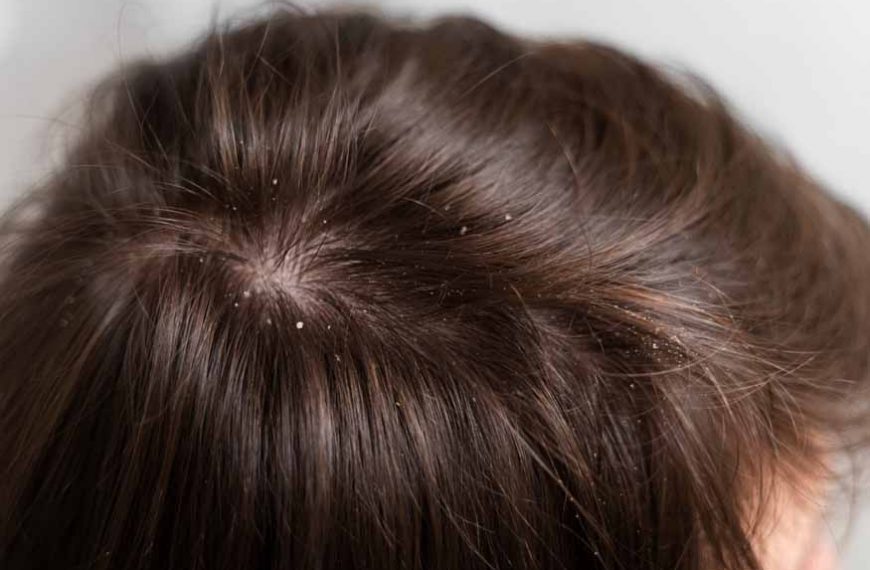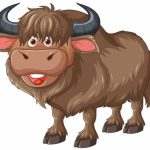A random head scratch here and there and you will not stop to think if something is bothering your toddler. However, if that random scratch turns into a habit, you know there is trouble brewing somewhere. After all, there is no smoke without a fire, as they say.
If you notice your child repeatedly itching their scalp and find flakes there upon close inspection, your toddler has dandruff.
Relax now. Take a deep breath, and do not worry. There are ways to combat dandruff in toddlers. Yes, they work. And yes, they are easy.
But to really understand the issue of toddler dandruff and how you can fight, you need to deep dive into all its messy details. And we are here to help you with that. In this article, you will find everything there is to know about toddler dandruff – from dandruff causes to home remedies and more.
What are the symptoms of toddler dandruff?
Toddler dandruff is not much different from the kind you get when you are older. The easiest and commonest symptom of it is the appearance of white or yellowish flakes on your baby’s scalp. However, severe causes of dandruff caused by a condition known as seborrheic dermatitis can have additional symptoms, which are:
- Appearance of red coloured rashes on the scalp, near the ears, on the forehead or eyebrows.
- Greasy flakes in addition to red patches around your baby’s hairline. These can also appear on their eyebrows, chest, groyne, bridge of the nose and on the space between their lips and nose.
- Dry skin as well as itchiness.
- And finally, temporary loss of hair.
This can be alarming. However, dandruff causes itchiness first. So if you can keep an eye out for that and act promptly, you might be able to averse any hair loss.
As for dandruff types your child can get, dry and oily dandruff are the commonest ones. Of these, dry dandruff mostly occurs during winter months as your baby’s skin becomes dry; while oily dandruff is prevalent during monsoons when the scalp remains moist due to the excess build-up of dirt, sweat and oil. Irrespective of the dandruff type your child gets, swift treatment is necessary. Especially in the case of seborrheic dermatitis as that is a type of fungal or yeast infection that needs special attention.
What causes dandruff in toddlers?
Dandruff reasons. That is a common query among parents when it comes to toddler dandruff. Though dandruff itself does not have any specific, certain risk factors can increase the chances of getting dandruff. These are:
- Have excessively oily skin.
- Fungal infections of the scalp in particular.
- Change of season. As we have already said before, certain types of dandruff are more likely to occur in certain seasons.
- Genetic predisposition. There is a good chance your toddler might be genetically predisposed to getting dandruff.
- Allergic reaction caused by irritants and chemicals in soaps and shampoos.
- I Have eczema. Since the skin sheds in this disease, dandruff can be a likely symptom of it.
These are the most frequent dandruff reasons among toddlers. Try to keep an eye out if you notice any associated symptoms so you can fix this problem with simple home remedies, which brings us to the next section of this blog.
What are the best dandruff home remedies for toddlers?
You can try quite a few dandruff home remedies to ensure your scalp is squeaky clean and free of this nasty problem. However, before you give them a shot, be sure to consult with your doctor about the safety and efficacy of them for your child’s particular case.
- Lemon juice. One of the oldest tricks in the book, applying lemon juice diluted with coconut oil can help get rid of dandruff. Just be sure to shampoo your baby’s head after. If you are worried about skin irritation caused by lemons, you can use diluted apple cider vinegar instead. Mix apple cider vinegar and water in an equal ratio, apply evenly in your baby’s scalp and shampoo it off after 15-20 mins.
- Aloe vera. A 100% natural and safe remedy, freshly squeezed aloe vera gel can be applied to your baby’s scalp to soothe itchiness and remove dandruff.
- Olive oil. If your baby has dry dandruff, olive oil can work wonders on it. It is incredibly moisturising and has been proven to fight dandruff.
- Coconut oil. If you do not want to add lemon juice, simply massaging your baby’s head with coconut oil an hour before shampoo can also be an effective remedy.
- Tea tree oil. A dandruff removal shampoo that contains tea tree oil as its active ingredient can come in handy in removing dandruff from your baby’s scalp.
- Holy basil, papaya and yoghurt mask. This is a pretty simple mask to make at home. Just mix pulp of papaya with ground basil to yoghurt and apply it on your baby’s scalp. Be sure to shampoo it off after 30 minutes.
- Egg yolks, honey and yoghurt mask. This one is an alternative to the hair mask above. Eggs, honey and yoghurt are very common kitchen ingredients that can help in nourishing your child’s scalp and maintaining its pH balance. Just be sure to follow the same routine as the holy basil, papaya and yoghurt mask.
- Lavender and rosemary. Again dandruff removal shampoos that contain lavender and/or rosemary can help gently cleanse your baby’s scalp, thus fighting dandruff.
- Anti-dandruff shampoos with ginger as their prime ingredient are also a great and effective choice to combat this problem.
- Neem water. Another safe and natural remedy you can try is using neem water. Just boil water with neem leaves in it, cool it down and then strain it, and rinse your baby’s head with it. Neem’s antifungal and antibacterial properties can help fight dandruff.
- Baking soda. We suggest being careful with this one though it can be exfoliating your child’s scalp, removing any build-up of oil, sweat and grime. Dilute baking soda with water and apply it on the scalp just before your baby’s shampoo
- Lemongrass oil. Instead of coconut or olive oil, you can give lemongrass oil a shot to remove dandruff from your toddler’s scalp.
Dandruff can be a difficult problem to deal with, both for you and your toddler. However, by practising proper hair hygiene practice and implementing the home remedy that best suits your child’s case can help mitigate this problem. Natural remedies are safe, effective and generally side-effect free. That said, be sure to consult with your doctor before trying any of the home remedies given above.
At EuroKids, we understand the pressures of parenting. We take it upon ourselves to notify you of any unusual behaviours in your child so you can take action immediately and get to the root cause of the problem before it escalates. To know more about our preschools, come visit us at any one of our branches.

















